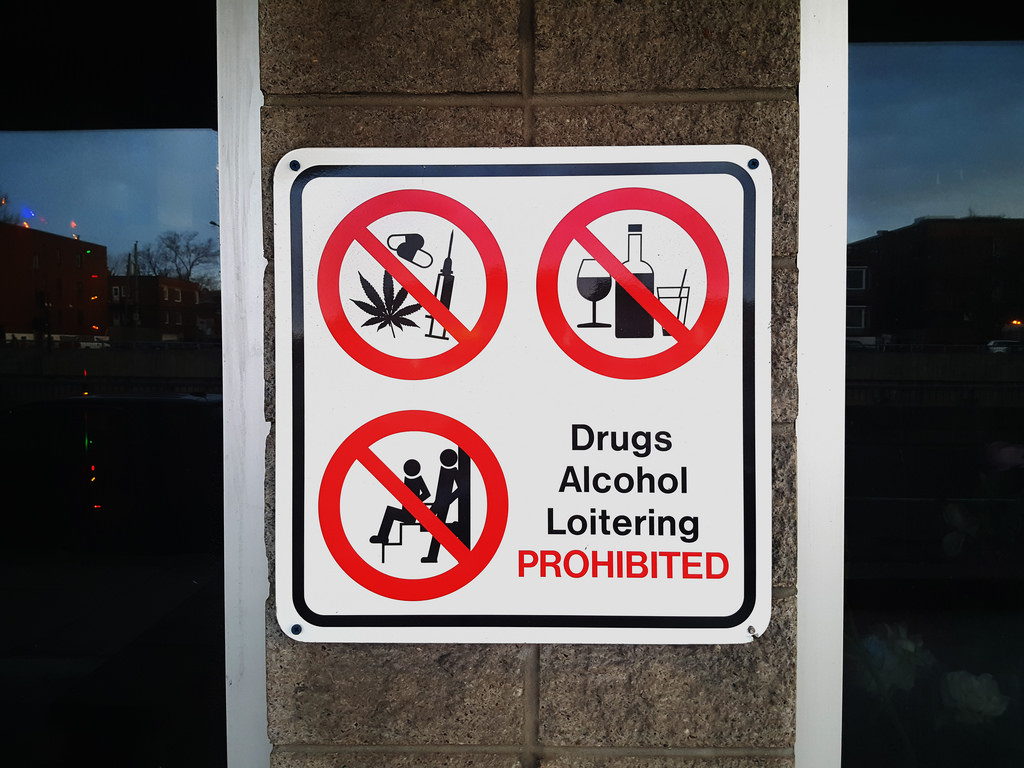“Calling for new solutions to the war on drugs”
August 18th, 2016 The war on drugs is not only about drugs, but also about power structures, writes Ruth Adeyi, 23, a Correspondent from London, UK as she discusses the complexities of the drug trade and offers her perspective on possible solutions.
The war on drugs is not only about drugs, but also about power structures, writes Ruth Adeyi, 23, a Correspondent from London, UK as she discusses the complexities of the drug trade and offers her perspective on possible solutions.
Though the rate of homicides in Mexico has dropped by 30 per cent since 2012, organised violence including abduction and extortion continue to threaten security and governance. Fuelled by the illicit drug trade, the violence has caused the death of 100,000 civilians since 2012. As a result, in the last two years, two major events in Mexico have captured major international media attention.
First, in 2014, was the tragic disappearance of 43 college students from Iguala Guerreros, allegedly turned over to a criminal gang by local police. Second was the 2015 jailbreak and recapturing of drug lord El Chapo Guzman. All around the world campaigners and communities are calling for new solutions to the transnational drug war.
The events of 2014 and 2015 awakened the international community to corruption and human rights violations in Mexico. On the disappearance of the students, America’s Director of Amnesty International, Guevara-Rosas said, “It has exposed how anyone can be forcibly disappeared into thin air in the country with those in power focused on covering up the traces. Unless President Peña Nieto takes real action now he will continue to be seen around the world as an enabler of horrors.”
In Mexico, there have been numerous reports of “beheadings, public hanging of corpses, killing of innocent bystanders, car bombs, torture, and assassination of numerous journalists and government officials” as a result of drug violence (Congressional Research Service, Seelke 2016).
Since financial incentives are high, so is the level of violence. Transform Drug Policy Foundation (2011) estimate that globally over $100 billion dollars is paid out each year to enforce the war on drugs (The Economics Briefing 2013). On the transnational drug market, executive Director of the United Nations Office on Drugs and Crime, Antonio Maria Costa said: “The first unintended consequence is a huge criminal black market that thrives in order to get prohibited substances from producers to consumers, whether driven by a ‘supply push’ or a ‘demand pull’; the financial incentives to enter this market are enormous. There is no shortage of criminals competing to claw out a share of a market in which hundred-fold increases in price from production to retail are not uncommon.”
There is an escalated need for new solutions. Sociologist and expert in the field of the war on drugs in Mexico, Luis Astorga has traced policy through the years. Astorga has highlighted the role of government and political structures in his work on the illegal drug market. He finds:
“Before the 1940s, governors of producing and trafficking states had the power to control illegal business in their territories. After 1947, anti-drug agents and the military had direct responsibility in fighting traffickers and the possibility of being institutional mediators between traffickers and political power. Neither traffickers nor mediators were autonomous: they were both subordinated to political power. The cracking down of the ancient regime has provoked cascade effects on the different levels of the power structure pyramid. Lethal disputes among the state party political families have disrupted the mechanisms of political control over institutional mediations between traffickers and political power. Institutional mediators (police and military) and traffickers can now be more autonomous than ever and capable of playing for their own interests”
Government approaches to deal with drug trade operations have changed through the years. Under different conditions, and acknowledging the impossibility of eradicating drugs, analysts are calling for wider approaches to understanding drugs and solving the problem of drugs across the world. The “war on drugs” is not only about drugs but power and power structures. Finding long term solutions to combat human right violations and drugs in Mexico requires a redirection of interest to different sources – the social and political order.
The drug war is reflective of wider problems of inequality, democracy, democratic transition and social cohesion. New analysis suggests successful solutions require the analysis and cooperation of different systems and institutional networks both domestically and across the world.
photo credit: Prohibition Sign – English – Drugs Alcohol Loitering Prohibited via photopin (license)
…………………………………………………………………………………………………………………
About me: My name is Ruth and I live in London. My main interest is the “International Drug Complex”. Using existing research on the failed “war on drugs”, I hope to draw awareness to how the international community and legal intervention in different countries is re-interpreting drugs, the drug market, and law enforcement.
My other interests include feminist theory, international trade and labour, climate change and environmental policy, and issues of social justice.
…………………………………………………………………………………………………………………
Opinions expressed in this article are those of the author and do not necessarily represent the views of the Commonwealth Youth Programme. Articles are published in a spirit of dialogue, respect and understanding. If you disagree, why not submit a response?
To learn more about becoming a Commonwealth Correspondent please visit: http://www.yourcommonwealth.org/submit-articles/
…………………………………………………………………………………………………………………




